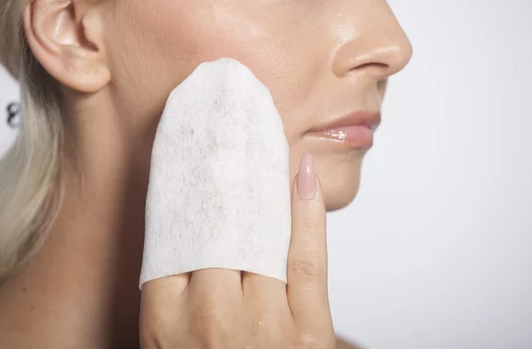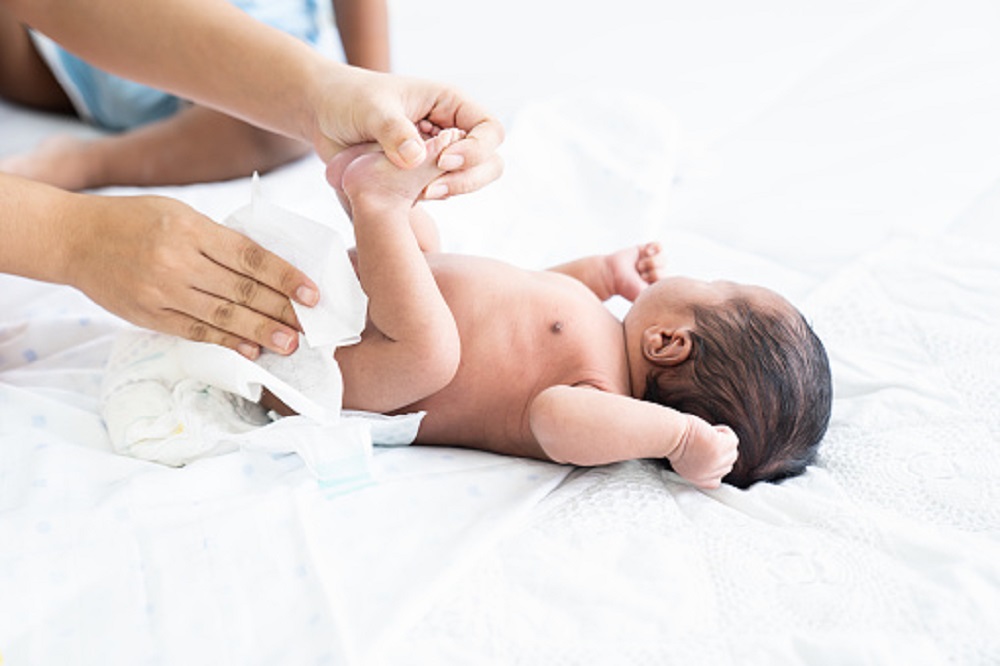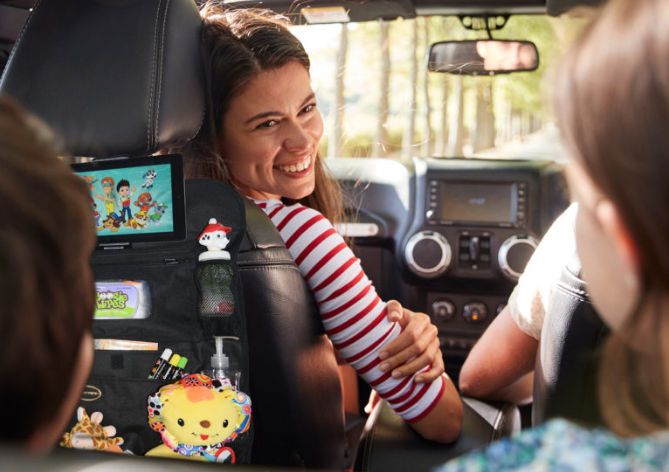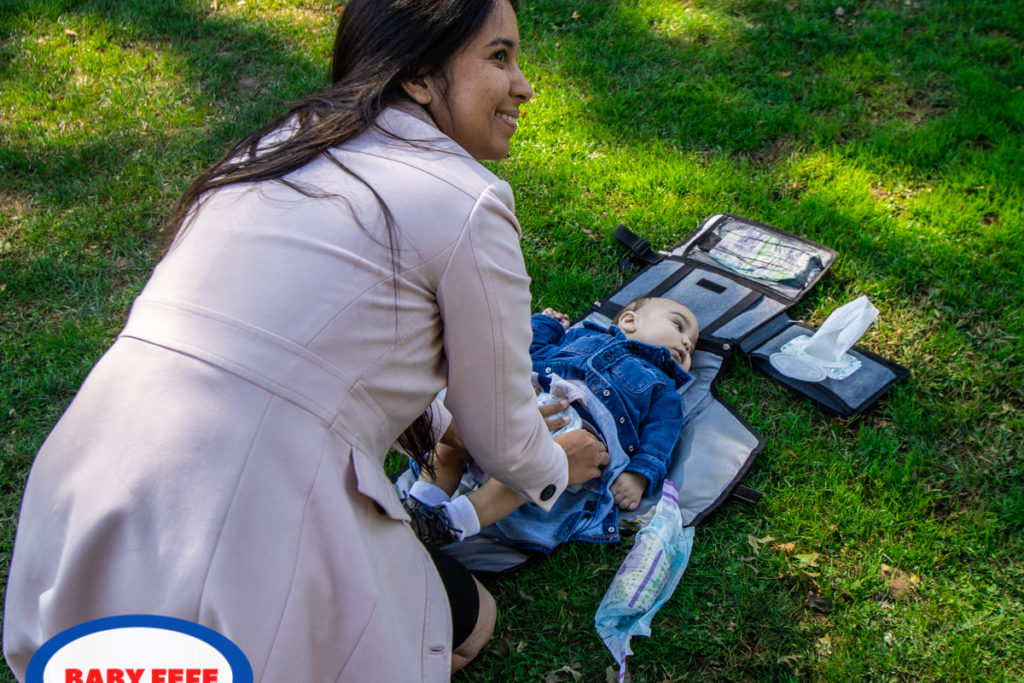As loving parents, our top priority is protecting our children’s safety and well-being, which includes keeping them protected from hazardous germs.
Baby wipes have emerged as a popular alternative in our quest for cleanliness. However, it is reasonable to have concerns about their composition, efficacy in eradicating germs, and potential hazards.
Baby wipes certainly provide convenience for common activities such as changing diapers, refreshing sticky faces, and quickly removing messes.
However, it is critical to understand that they are not intended to be a complete germ-killing solution for hands and surfaces.
While some wipes may have chemicals that repel specific bacteria, they do not have the disinfection properties of specialized solutions. We should prioritize regular handwashing with soap and water should be prioritized.
Read also : Can I Use Baby Wipes on My Face
What Baby Wipes are Made of?
Baby wipes are carefully developed from a blend of substances to give gentle and effective cleaning for your baby’s sensitive skin.
While formulas differ between manufacturers, the following are some common chemicals and compounds found in baby wipes:
Water: Water is the most common component in baby wipes. It functions as a solvent, assisting in the dispersal and diffusion of other components.
Mild Cleansers: Surfactants, which help remove dirt, oils, and impurities from the skin, are commonly found in baby wipes. Baby wipes contain gentle surfactants such as sodium lauryl glucose carboxylate, coco-glucoside, and decyl glucoside.
Moisturizers: Many baby wipes contain moisturizing elements like glycerin or aloe vera to help keep your baby’s skin soft and nourished. These substances aid in the prevention of dryness and the maintenance of the skin’s natural moisture barrier.
Preservatives: Preservatives are needed in baby wipes to prevent the growth of germs and fungi, which could lead to contamination. Phenoxyethanol, a common preservative found in baby wipes, is considered safe in small concentrations, and sodium benzoate.
Fragrance: To offer a nice smell, certain baby wipes can have pleasant scents. On the other hand, fragrances can cause skin irritation in some newborns. Consider using fragrance-free wipes if your infant has sensitive skin.
Do Baby Wipes Kill Germs?
While baby wipes are great for rapid clean-ups, it’s crucial to realize their limitations in terms of germ-killing.
While some baby wipes have moderate antibacterial qualities, they are not designed to be disinfectants.
Their primary aim, rather than comprehensive germ removal, is to give a gentle and simple manner of cleansing your baby’s skin.
What Alcoholic Baby Wipes are Safe for Babies?
Alcohol wipes should not be used on babies or children owing to potential safety risks. Alcohol-based wipes should never be used on their sensitive skin, since they might cause a variety of problems.
Even using alcohol-free wipes may not be adequate, as certain adult wipes may include other dangerous chemicals such as chlorine or chemical scents.
These toxins can be harmful to your baby’s delicate skin. So it is critical to prioritize the usage of baby wipes designed exclusively for sensitive care.
How Do you Clean a Baby Without Wipes?
While baby wipes are useful for quick clean-ups, alternate ways for cleaning your baby are available when wipes are not accessible or when you like to experiment with new possibilities. Here are a few alternatives to using wipes to clean your baby:
Warm Water with a Washcloth: Using a clean, soft washcloth or cotton balls wet with warm water is one of the simplest and most effective treatments.
Wipe your baby’s skin gently, paying special attention to areas that may require extra cleanings, such as the diaper region, face, and hands.
To avoid any pain for your baby, make sure the water is appropriately warm.
Cleansing Sprays: Another option is to use gentle cleansing sprays designed specifically for baby’s sensitive skin. These sprays can be applied to the skin directly and then removed with a soft cloth or towel. Look for items that are made specifically for infants and do not contain harsh chemicals or irritants.
Natural Fibre Sponges or Towels: Such as bamboo or organic cotton, can give an eco-friendly and gentle solution for cleansing your baby’s skin. Use a sponge or towel dampened with warm water to cleanse your baby’s skin. After each use, thoroughly rinse the sponge or cloth and allow it to dry completely before using it again.
Bath Time: Bathing your kid on a regular basis is an important component of keeping him or her clean. You can give your kid a typical bath in a baby tub or a sponge bath, depending on his or her age and preferences. Gently bathe your baby’s entire body using a mild, fragrance-free baby soap or cleanser advised by your paediatrician. To eliminate any soap residue, carefully rinse and wipe dry with a soft towel.
Bidets or Cleansing Bottles: Using a bidet or a cleansing bottle filled with warm water to clean a baby’s bottom after diaper changes is a standard practise in some cultures. This procedure thoroughly cleanses the region and can be followed by gently patting it dry with a soft towel.





